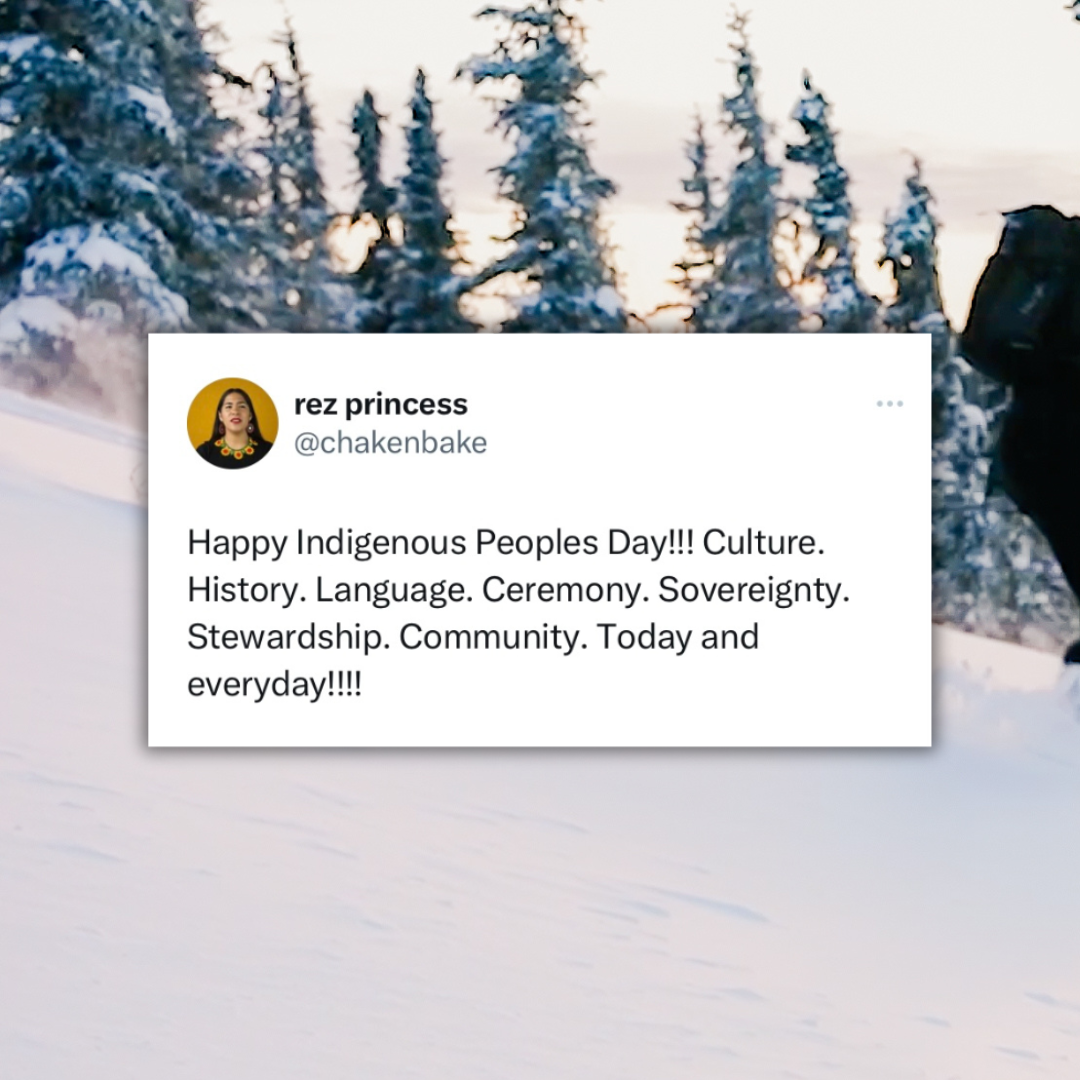When we think about making a difference, we often imagine grand gestures, massive donations, and impacting thousands of lives. And while writing big checks and supporting established organizations is what's needed in certain scenarios, what we're going through today requires something more and something different. It requires mutual aid. In what will likely be increasingly difficult times for the most unseen and underserved members of our society, mutual aid will be tangible and impactful for our shared well-being.
What is Mutual Aid?
Mutual aid is a simple yet revolutionary concept: Community members directly support one another, meeting each other's needs without bureaucratic intermediaries. Unlike traditional charity, which often involves one-way giving from those who have to those who don't, mutual aid is a collaborative, reciprocal process.
It's based on the understanding that we're all interconnected and that everyone has something valuable to contribute. Unlike traditional charity, which often reinforces power imbalances, mutual aid creates horizontal support networks. It acknowledges that everyone has value, needs, and the capacity to contribute, regardless of their social position.
According to Solid Ground, mutual aid is rooted in the belief that neighbors and community members have a duty to take care of one another. It’s based on solidarity, trust, and mutual support. At its core is the understanding that traditional support systems (like government and nonprofits) have long centered whiteness while neglecting the particular needs of our BIPOC, elderly, immigrant, undocumented, unhoused, disabled, queer, and trans neighbors.
Why Mutual Aid Matters Today
There is little reason to believe our government will provide adequate care for the people in greatest need, and corporations prioritize shareholders rather than people and the planet. Mutual aid exists outside of all of that, and that's why it's so important:
-
Immediate, Targeted Support: Local mutual aid networks understand community needs intimately. They can respond quickly to crises, whether it's providing food during a pandemic, supporting families after a natural disaster, or helping individuals with emergency expenses.
-
Dignity and Empowerment: Unlike traditional charity, mutual aid treats everyone as valuable contributors. People aren't just passive recipients; they're active participants who can both give and receive support.
-
Building Resilient Communities: By creating strong local networks, mutual aid helps communities become more self-sufficient and responsive to their unique challenges. We can't trust that guy, and it would be foolish to think someone's coming to save us. We need to both care for ourselves and the most vulnerable people around us.
What does mutual aid look like IRL?
Mutual aid is the idea that we all share the responsibility of caring for our community. It can look like:
- Direct cash assistance
- Grocery and meal distribution
- Community bail funds
- Bystander intervention
- Fundraising for personal care items
- Sharing things rather than hoarding things
- Providing free childcare
- Providing free translations
- Preparing for the next disaster (natural or economic) by strengthening our relationships with each other and knowing who is vulnerable and needs support
Ways You Can Get Started
- Research Local Networks: Check to see if someone is already organizing mutual aid in your community, or work through your own networks to see if others want to join you to create a new project. This hub is a starting point to find people, as well as this guide.
- Dig a little deeper: Learn about the history and essential elements of mutual aid from Dean Spade’s book Mutual Aid: Building Solidarity During this Crisis (and the Next).
- Contribute Locally: Instead of donating to large, bureaucratic organizations, consider supporting smaller, community-led initiatives.
- Offer Your Skills: Mutual aid isn't just about money. You can contribute time, expertise, resources, or simply help spread the word. Think about your own strengths: what skills, knowledge, time, tools, or financial resources do you have; are you bilingual; can you grow food; do you have a big kitchen; a car to give people rides in? And then think about your community. What do your neighbors need: grocery help, childcare, transportation to appointments? Then put those two together.
- Spread the Word: Download free graphics from justseeds.org to get to stapling and taping or download the incredible artwork of Olly Costello (as featured here) and donate to one of the abolitionist organizations they highlight.
This Giving Tuesday, we don't want to stop you from giving to your favorite nonprofit. Please support the good people doing good work. What we want is to invite you to consider what you can do daily and outside of a donation. Mutual aid isn't just about giving—it's about building a world where we take care of each other, where community support is the norm, not the exception.




